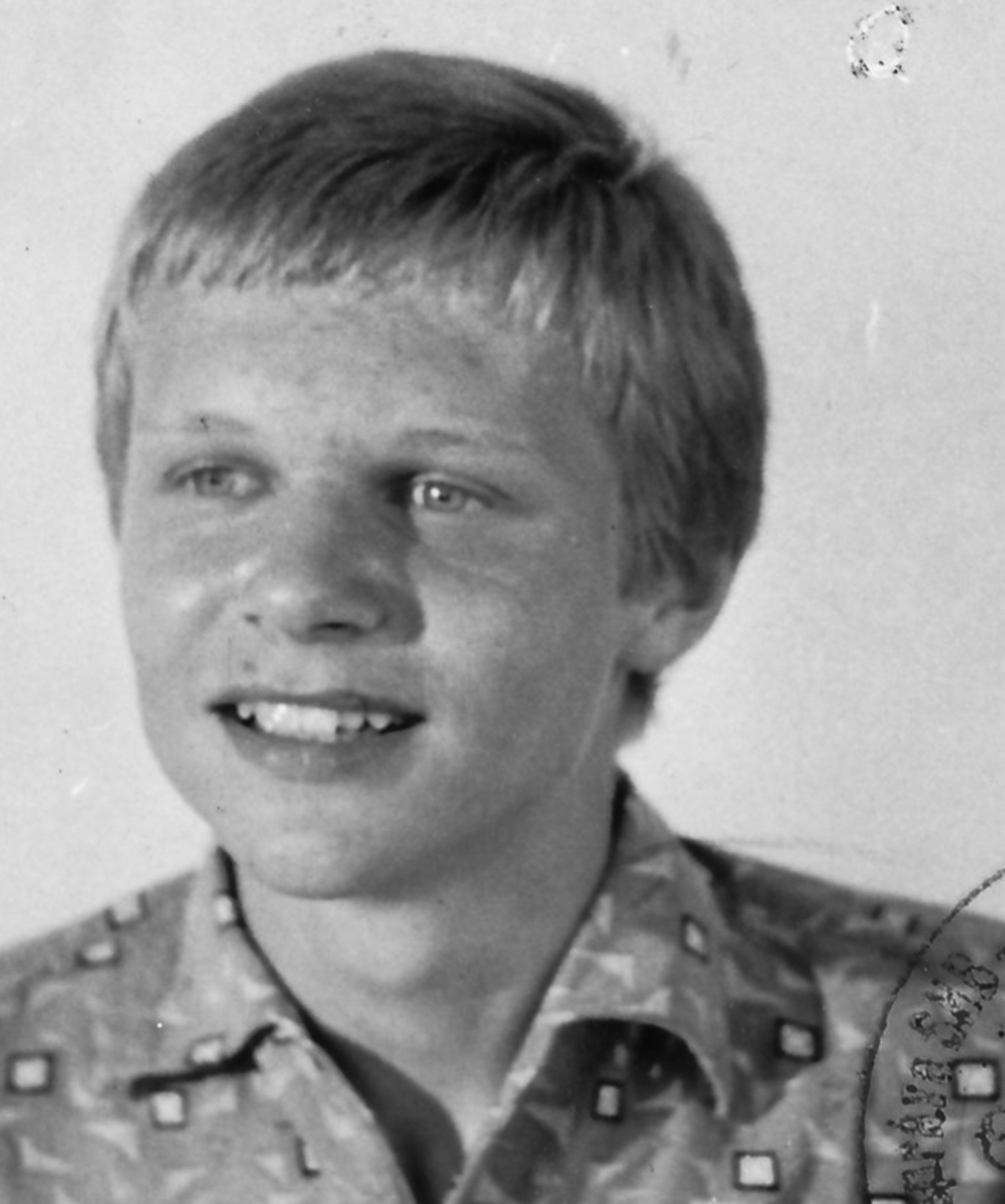In war I realized one can survive under any conditions

Stáhnout obrázek
Radek Novotný was born on 16 January 1969 in Havlíčkův Brod. He graduated from a medical school and then did his military service, finishing in 1990, just after the Velvet Revolution. He learned that he and his colleagues were at risk of being sent against the protesters in Prague. The order never came but he stays convinced that he would have not obeyed it. In 1993, he joined the UNPROFOR mission in former Yugoslavia as a medic. There, he helped both the soldiers and the civilians. Initially, he saw the mission as an opportunity for adventure and to earn money but the armed conflict changed his opinions and value set. He had spent over two years in the Balkans. He then returned to Czechia where he has worked in healthcare ever since.






